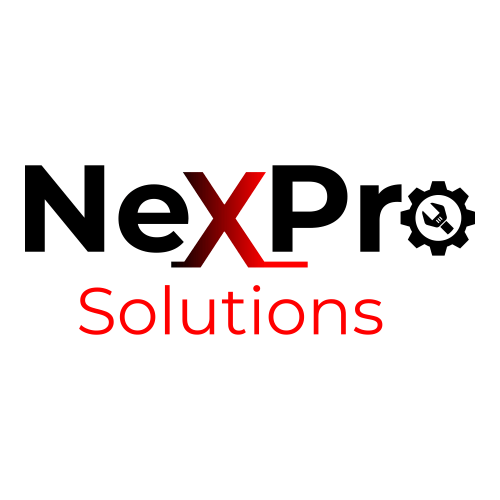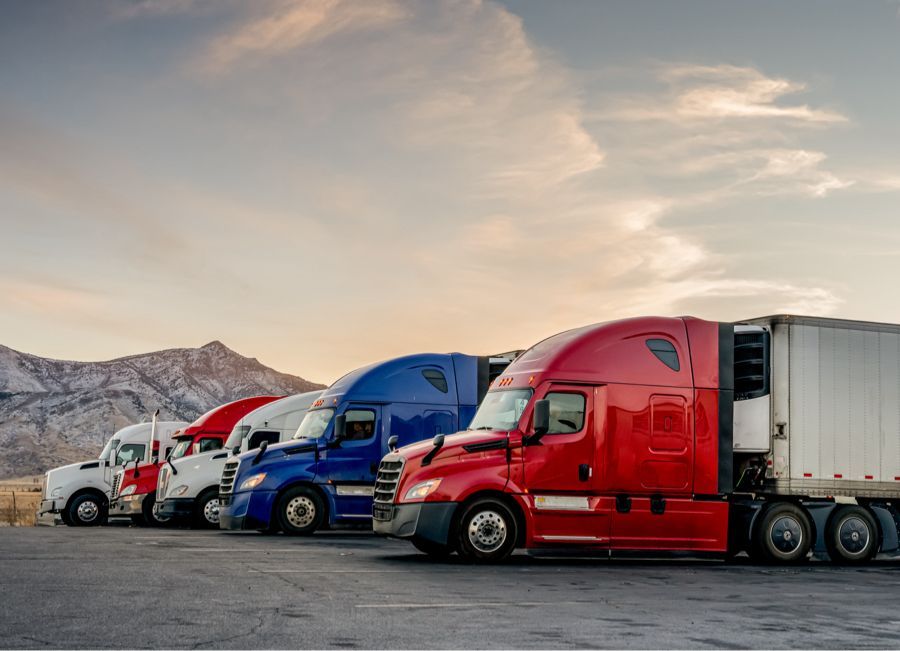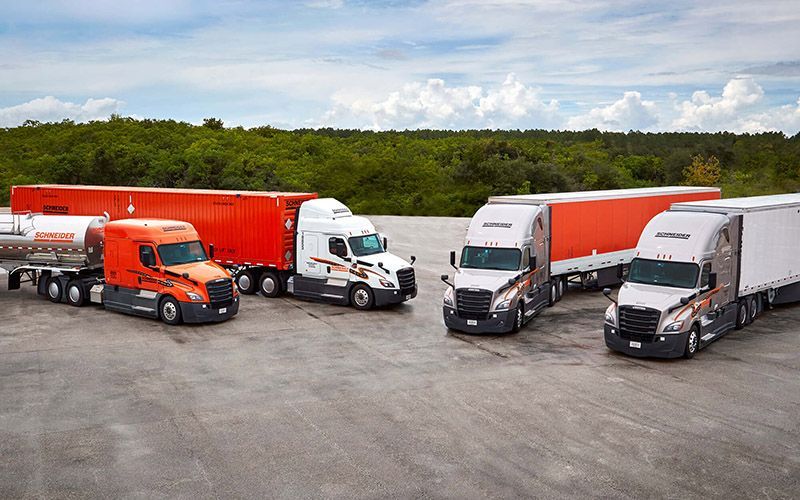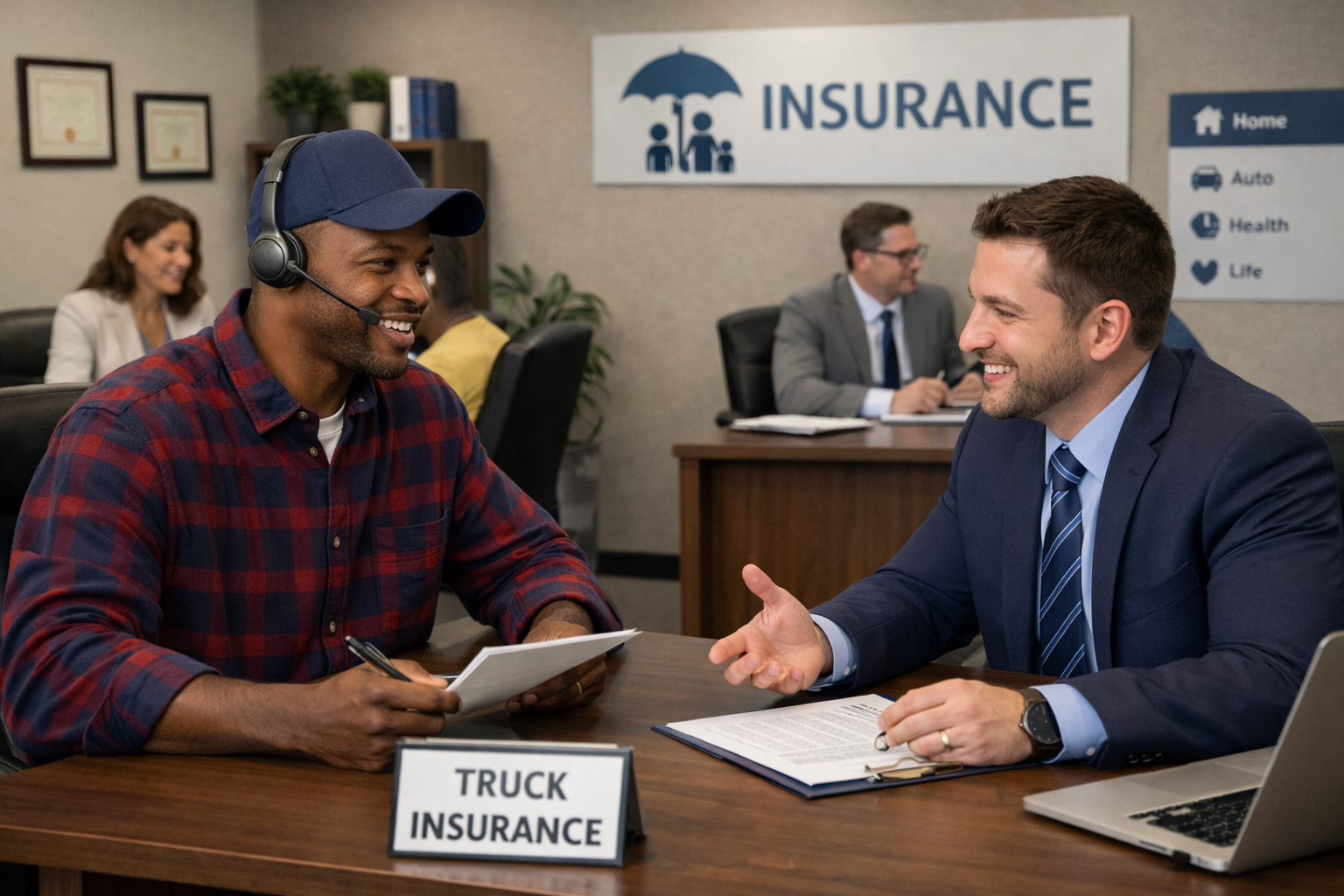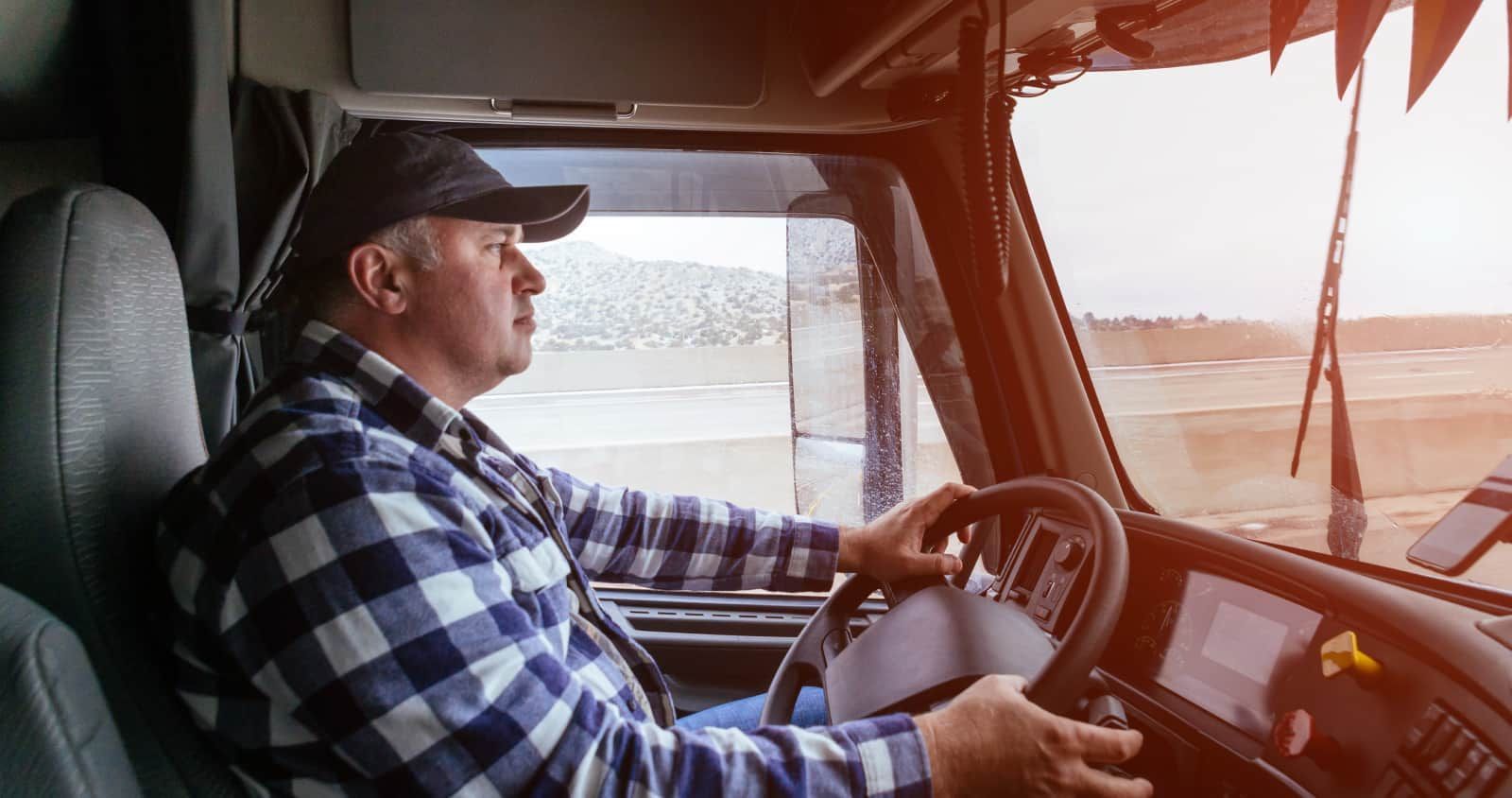Trucking & Transportation Leads for Insurance Agencies: Should You Run Meta Ads and How to Do It the Right Way
Running Meta ads (Facebook + Instagram) for trucking and transportation insurance works only if the ad strategy is built around intent — not generic awareness. The trucking industry responds to ROI-driven, direct-response ads that speak to urgency: DOT activation, renewals, and compliance deadlines. Insurance agencies can win by targeting FMCSA-related behaviors, using lead forms instead of landing pages, and positioning themselves as the fastest option for certificates, quotes, and filings. This blog explains whether you should run Meta ads, how to set them up correctly, what to avoid, and how to convert those leads into policies.
Trucking & Transportation Leads for Insurance Agencies: Should You Run Meta Ads and How to Do It the Right Way
If you're an insurance agency trying to grow your trucking or commercial transportation book of business, you’ve probably wondered:
“Should I run Meta ads to generate trucking insurance leads?”
Here’s the honest answer:
You absolutely should use Meta ads for trucking and transportation insurance —
but not the way most agencies do.
Most insurance agents waste thousands on ads because they make one mistake:
They run ads that look like ads.
The trucking industry doesn’t respond to fluff or branding messages.
They respond to urgency:
- Authority is activating
- Renewal is coming up
- Carrier won’t dispatch without a COI
- They need coverage to get on the road
Trucking and transportation leads aren’t browsing for quotes —
they’re looking for someone who can solve a problem fast.
That’s why Meta ads can be a game changer if your strategy is built around intent, targeting, and speed-to-contact.
Why Meta Ads Work for Trucking and Transportation Insurance
Meta ads outperform most marketing channels for one simple reason:
Trucking companies live on Facebook.
Dispatchers, owner-operators, fleet owners, mechanics — they all use Facebook to:
- Join trucking groups
- Talk to other carriers
- Buy equipment
- Find work
- Learn from other operators
So instead of fishing in the ocean, with Meta ads you’re dropping your hook exactly where they spend their time.
But only if the ad speaks their language.
You cannot say:
- “We offer commercial auto insurance. Get a quote today.”
Too generic.
Instead:
- “Authority about to activate? Need insurance this week? We help carriers get on the road faster.”
Now you’re speaking to intent.
Before Spending Money on Meta Ads, Be Honest About This
Ask yourself:
- Can you quote trucking?
- Do you have market access?
- Do you have a follow-up process?
Because trucking leads are only valuable if you can:
- Call back immediately
- Gather underwriting documents quickly
- Block the markets first
If you don't have a follow-up system, Meta ads won't fix it.
Meta ads bring attention.
Your systems convert that attention into premium.
How to Build Meta Ads That Get Responses (Not Just Clicks)
Step 1: Call out the niche immediately
Truckers scroll fast.
They don’t read paragraphs.
Examples that work:
- “Need trucking insurance to activate your authority?”
- “IFTA and COI handled fast — don’t lose a load over paperwork.”
The right ad doesn’t attract everyone —
it attracts
the right one.
Step 2: Use urgency + outcome messaging
Best performing phrases:
- “Be on the road in 24–48 hours”
- “Fast COIs”
- “We handle filings and certificates”
Trucking decisions are not emotional.
They are
operational.
Step 3: Use Meta Lead Forms (NOT a landing page)
Don't send truckers to a website.
They hate typing.
Use Meta’s built-in lead forms so they can tap submit.
Step 4: Follow up immediately
Speed wins in trucking.
If you wait more than 5 minutes, that lead is gone.
Ad Targeting Blueprint (Use This)
Inside Meta Ads Manager:
Campaign Objective: Lead generation
Targeting:
- Interests: FMCSA, DOT, Commercial vehicles, Owner-Operator, Hotshot trucking
- Job titles: Truck driver, Dispatcher, Fleet owner
- Behaviors: People who interact with business loan ads, CDL training, diesel mechanics, truck marketplace ads
Keep it tight.
Do not target everyone in the U.S.
Start with:
- 1–2 states
- A custom radius around large freight routes
Ad Budget & Expectations
You don’t need to spend thousands.
Start with:
- $20–$30 per day
- Run for 7 days
- Review lead quality and cost
Good cost per warm lead =
$22–$55
Cold cost per lead =
$60–$140
But here’s the key:
One trucking policy can generate $6,000–$30,000+ in commission.
So if $500 in ads lands one policy, that’s a massive return.
The Most Important Part Most Agents Forget
Running Meta ads doesn’t generate pipeline.
Running Meta ads + follow-up system generates pipeline.
Here’s the winning formula:
- Meta ad generates inquiry
- Lead enters CRM automatically
- Immediate call + text + email
- Gather underwriting documents
- Submit to carriers before competitors
The faster you collect:
- Loss runs
- COI
- IFTA reports
- Vehicle list
- Driver list
…the faster you block the market and win the deal.
Should YOU run Meta ads?
If:
- You want more trucking and transportation leads
- You can quote trucking
- You follow up fast
Yes, Meta ads are worth every dollar.
If:
- You don’t have a CRM
- No follow-up process
- You dislike calling leads
Meta ads will only burn money.
FAQ: Trucking Insurance Leads + Meta Ads
Do Meta ads work for trucking insurance?
Yes, if ad copy focuses on urgency (authority activation, renewals, COIs).
Should I send leads to a website?
No. Use Meta lead forms for higher conversion.
How much should I spend?
Start with $20–$30/day and test one state.
How fast do I need to follow up?
Within five minutes. Trucking leads shop fast.
What’s Next
If you're considering running your own Meta ads, start with:
- One niche (trucking)
- One geography (state or route)
- One message (urgency)
But…
If you want to skip building ads, optimizing campaigns, handling the follow-up, and chasing documents — you can outsource the entire process.
Some agencies choose to run Meta ads themselves.
Other agencies prefer on-demand
warm lead delivery where someone else handles the heavy lifting.
Both can work.
It just depends on whether you want to market or you want to sell.
